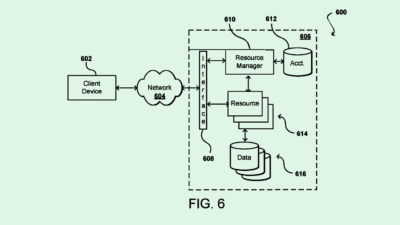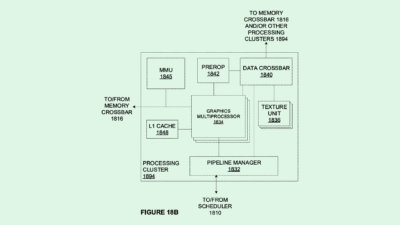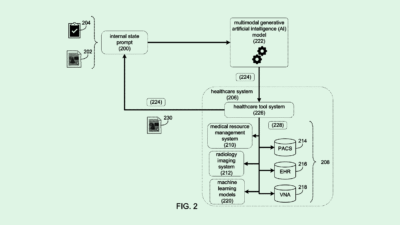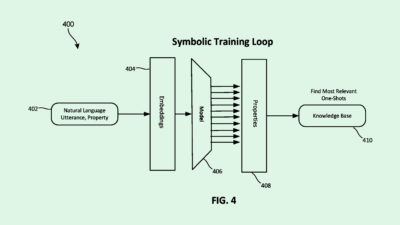Oracle Patent May Cut Latency in Edge Computing
Data processing can quickly gum up the works of edge AI.
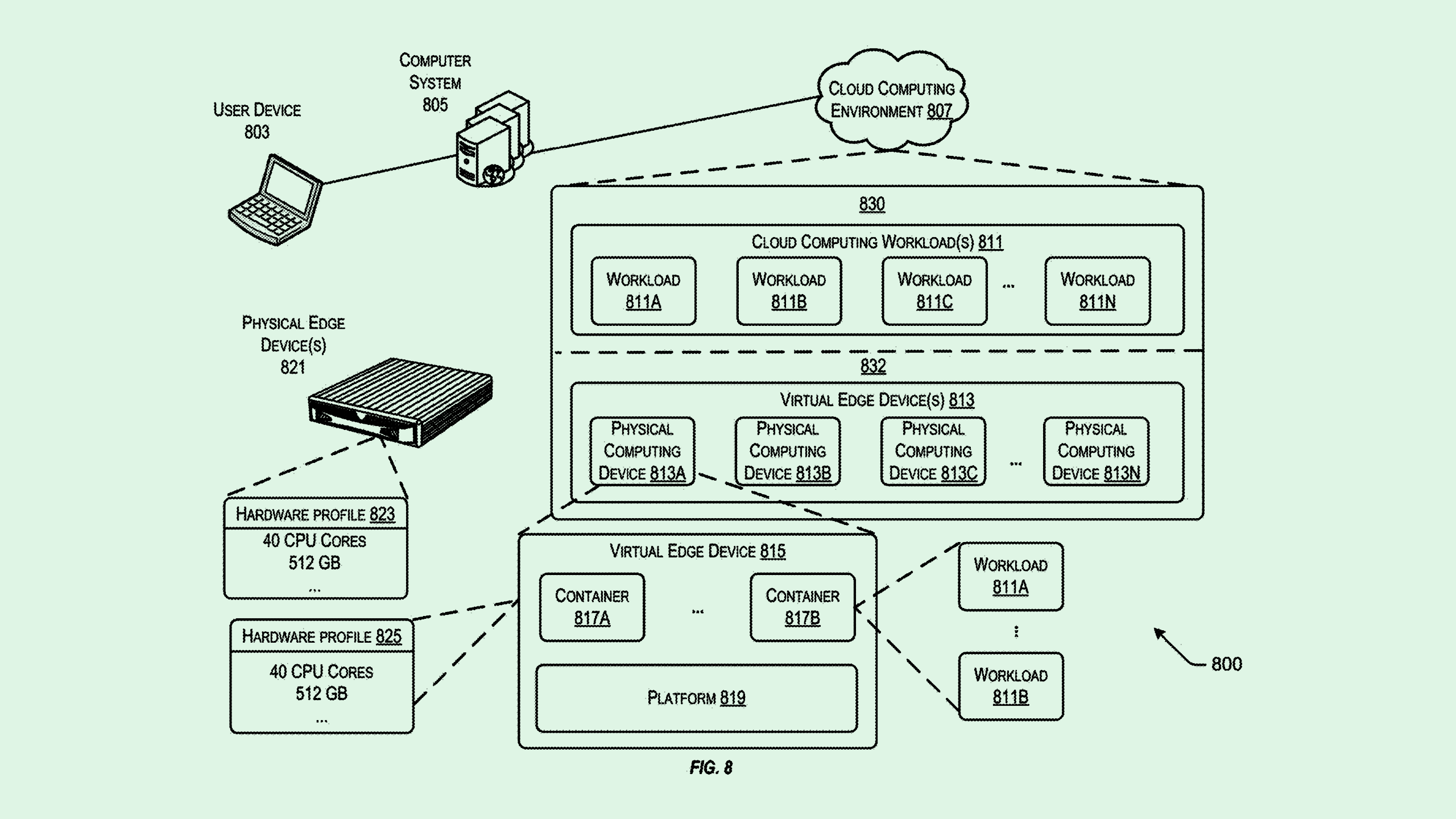
Sign up to get cutting-edge insights and deep dives into innovation and technology trends impacting CIOs and IT leaders.
There are times when the cloud isn’t within reach.
Oracle might be trying to provide a stopgap: The company is seeking to patent a system for “cloud edge device virtualization” that allows cloud services to operate closer to the source of the data, rather than data needing to be transferred back to a centralized cloud platform.
“Current centralized cloud computing environments may not meet time-sensitivity requirements when streaming data due to the inherent latency of their wide-area network connections,” Oracle said in the filing. “Remotely generated data may need to be processed more quickly.”
Upon user request, Oracle’s tech creates a “virtual edge device” emulating a physical edge device that may be not easily accessible. That virtual device is used to run workloads on the edge, providing cloud-like functionality without needing to be near a data center or server farm.
This tech is particularly useful in situations involving large amounts of edge-computing devices, devices in remote areas with limited internet access, and applications where latency needs to be minimal.
Oracle’s tech highlights a growing need: As Internet-of-Things devices continue to be deployed and bolstered with AI, data processing and movement back and forth from centralized cloud environments can quickly gum up the works. Systems like Oracle’s could reduce friction in edge computing environments, allowing anything from smart home assistants to factory robots to leverage AI seamlessly.
Plus, while Oracle trails cloud hyperscalers like Amazon, Google and Microsoft, the company’s cloud offerings are gaining ground in the wake of AI demand: In its most recent earnings report, the company’s cloud earnings for the quarter totalled $11.7 billion, up 14% year-over-year.
According to CRN, the company holds 3% of total market share in the cloud services industry. But as AI continues to quickly take root in the physical world, tech like this could set it apart.

